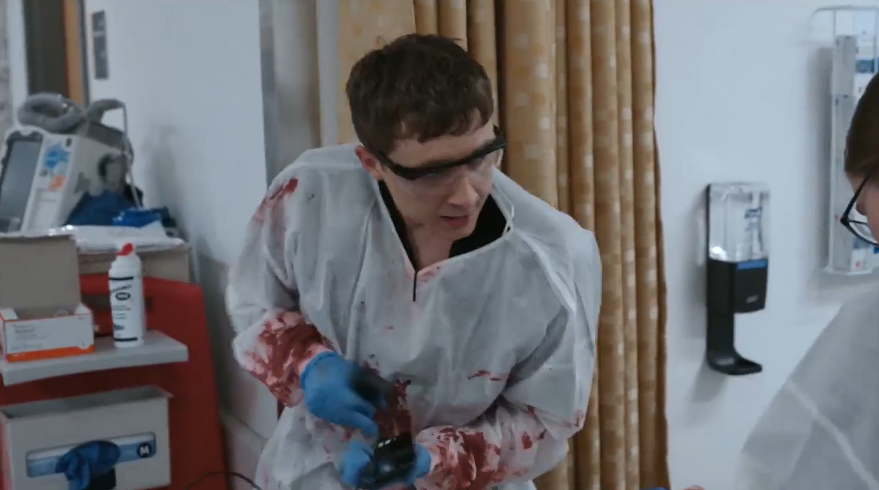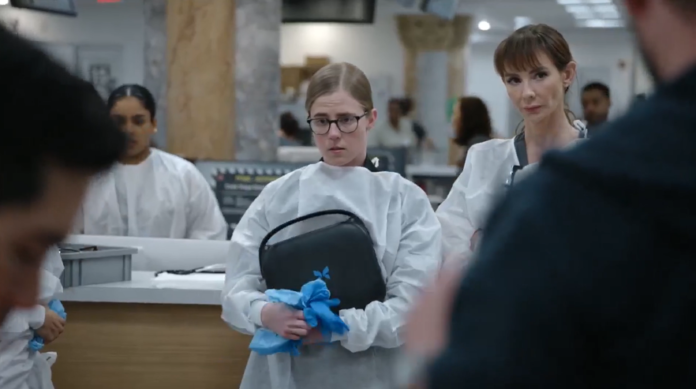Burlington, Mass.– In a compelling example of biotech innovation gaining visibility in mainstream media, Butterfly Network Inc. (NYSE: BFLY) announced that its flagship handheld ultrasound device, the Butterfly iQ3, was prominently featured in episodes 12 and 13 of the HBO Max medical drama The Pitt. The episodes depict emergency and trauma care scenarios in which the use of advanced point-of-care ultrasound (POCUS) technology proves critical, reflecting the growing role of biotech solutions in real-world healthcare delivery.

Butterfly’s iQ3, a portable, AI-powered ultrasound probe, was shown replacing traditional, cart-based ultrasound systems during a mass casualty triage—a nod to the increasing need for lightweight, efficient diagnostic tools that can operate in space-constrained and resource-limited environments. Throughout the episodes, the device was used for a range of critical applications, including EFAST (Extended Focused Assessment with Sonography for Trauma), intracranial pressure assessment, and vascular flow analysis, emphasizing its clinical versatility.
“This placement reflects more than entertainment—it’s an indication that point-of-care ultrasound is becoming a foundational tool in modern medicine,” said Joseph DeVivo, President, CEO, and Chairman of Butterfly Network.
“Our technology is now used across all 100 of the top U.S. health systems. The convergence of biotech, imaging, and AI is transforming how and where care is delivered.”
The inclusion of Butterfly’s device in The Pitt was unpaid, yet its presence was heavily integrated into the plotline, illustrating how mobile diagnostic technologies are not just viable alternatives but often superior options in dynamic clinical environments.
Butterfly Network’s platform is powered by its proprietary Ultrasound-on-Chip™ technology, which miniaturizes complex ultrasound hardware into a semiconductor chip, making advanced imaging both portable and affordable. This innovation allows the iQ3 to be deployed beyond traditional hospitals—into ambulances, remote clinics, global health initiatives, and even home-based care.
“It’s clear the healthcare community increasingly views Butterfly not just as a device, but as an essential platform,” said Jennifer Huang, Vice President of Marketing.
“We’re seeing ‘to Butterfly’ used as a verb among clinicians, which speaks to the deep utility and cultural adoption of our technology.”
As biotech continues to push into the frontline of clinical decision-making, Butterfly’s exposure on a high-profile medical series helps normalize next-generation technologies for both medical professionals and the broader public. The iQ3’s presence in The Pitt underscores not only Butterfly’s commercial traction but also its broader mission to democratize medical imaging through scalable, software-driven innovation.
With increasing demand for real-time diagnostics, bedside imaging, and AI-integrated tools, Butterfly is positioning itself as a pivotal player in reshaping the medical diagnostics landscape—where biotech meets the bedside.


